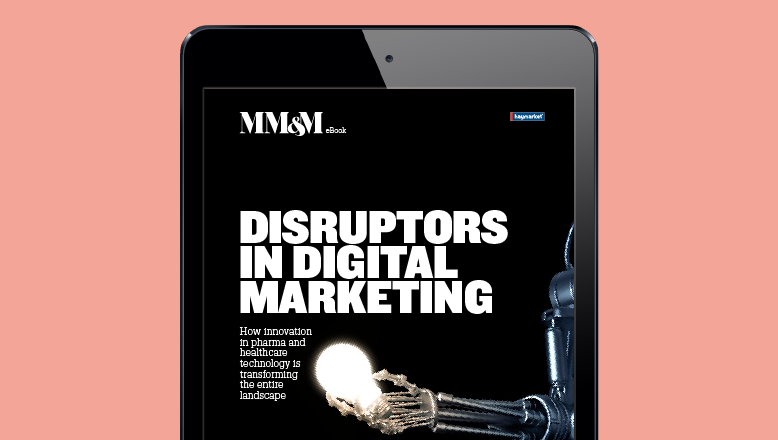Those who think large incumbents like pharma manufacturers lack the ability to disrupt themselves “may be underestimating how far industry has come,” says MM&M Editor-in-Chief Marc Iskowitz. MM&M’s new ebook, “Disruptors in Digital Marketing,” looks at how emerging technology is impacting the way healthcare companies think about digital marketing and their companies’ relationships with patients and doctors.
MM&M editors asked Luminary Labs CEO Sara Holoubek to weigh in on three questions about AI, ethics, and disruptive technologies in healthcare:
How do we decrease the margin of error with artificial intelligence, or work within its limits, in order to increase its likelihood of success in healthcare?
Contrary to popular belief, health has always been a data-driven business. From clinical trials to claims to hotspotting, it’s all about the math. With AI, we can do the math faster, automating normally complex processes and taking into account larger and often non-traditional data streams.
Start small. Testing and learning will identify areas where AI has the greatest promise of success. Over time, invest in developing the competency to prepare to move faster.
What are some of the ethical standards healthcare marketers should keep in mind when designing strategies that may cross ethical boundaries?
Healthcare can learn from its past mistakes. For decades, clinical trials were not designed to be inclusive. When women and people of color are underrepresented in the data, there are implications for our health.
The same goes for voice-enabled tech and bots: how you feed the machine is as important as the machine itself.
For AI to benefit all, we need to ensure proper representation and foresee unintended consequences. If you have yet to engage a health tech ethicist, 2018 is the year to do so.
How will you maintain authentic brand personality and a human feel as use of disruptive technology increases?
It’s all about business design. The idea is to augment, not replace, humans.
Take the phone. It allowed us to connect with humans in ways we could not have imagined. But your airline’s poorly-designed automated phone system can be enough to end a brand relationship.
The more tech we employ to absorb the cognitive drudgery, the more people skills we will need to create experiences and deliver insight.
As part of MM&M’s VoxPop panel, the same questions were answered by Michael Li, founder and CEO of the Data Incubator, and Dr. Joseph Kvedar, VP of connected health at Partners Healthcare. Download the ebook to see their responses.

